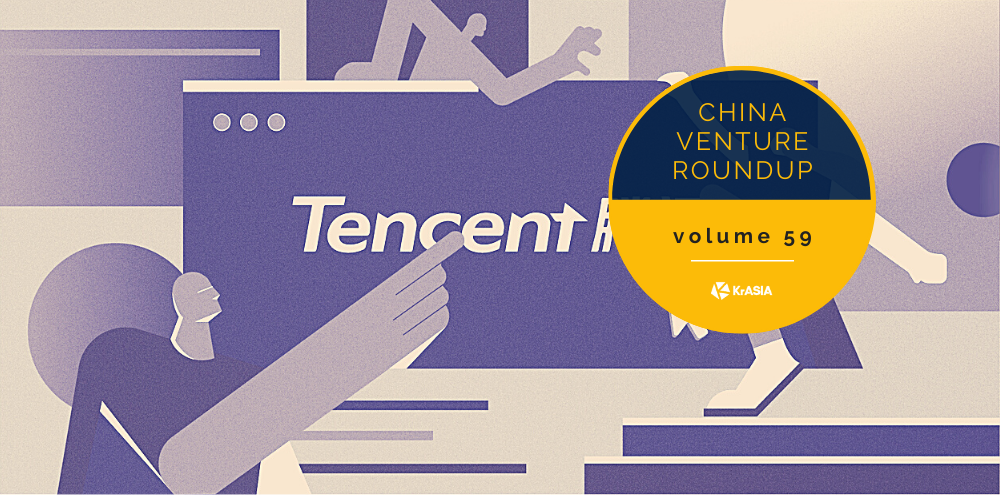Find out what moves China tech with us. We round up what you need to know about the local venture scene every Thursday at 8:00 a.m. (GMT +8), covering major investment stories, MNC partnerships, noteworthy startups, industries with the most investments for the week, and more.
Here’s a preview of what you’ll receive in your inbox. Get the full picture by subscribing to China Venture Roundup.
MNCs in China
On October 25, Tesla opened its Shanghai R&D Center and Shanghai Gigafactory Data Center, marking the company’s launch of its first R&D facility outside the United States. The new data center will store all production data from the Shanghai Gigafactory locally and operate in compliance with data security regulations introduced by Chinese regulators in September.
The Shanghai R&D facility will give the company greater access to Chinese engineering talent, with staff dedicated to all areas of R&D, including vehicle firmware, software, automobile engineering, as well as materials, electrical, and mechanical design.
Going Public: IPOs
Zhuhai Wanda Commercial Management
On October 21, Chinese commercial real estate giant Dalian Wanda’s property management subsidiary Zhuhai Wanda submitted its IPO prospectus to the Hong Kong Stock Exchange. While the company did not disclose specific fundraising details, Chinese media reports say it had a capital target of USD 3–4 billion. In August 2021, Zhuhai Wanda carried a valuation of USD 28 billion following the completion of a USD 6 billion financing round.
The listing, which is jointly sponsored by CITIC Securities, JPMorgan, and Credit Suisse, comes during a downturn for the wider Chinese real estate market and will serve as a barometer for investor sentiment toward the industry.
KrASIA News Picks
Alibaba, Tencent, and ByteDance have gone to great lengths to protect their vast ecosystems of private user traffic. For example, links to Alibaba’s popular shopping apps couldn’t be directly accessed via Tencent’s ubiquitous super app, WeChat. But under escalating pressure from regulators, China’s tech titans were ordered to break down these anti-competitive barriers that were purely meant to obstruct rivals.
Last month, various platforms of Tencent and Alibaba partially opened up to each other and integrated rival payment services. This time, the vast content libraries on WeChat and ByteDance’s TikTok twin Douyin could be opening up to being indexed by search engines like Baidu. Despite the growing competition, ByteDance founder Zhang Yiming is now China’s richest internet tycoon.
